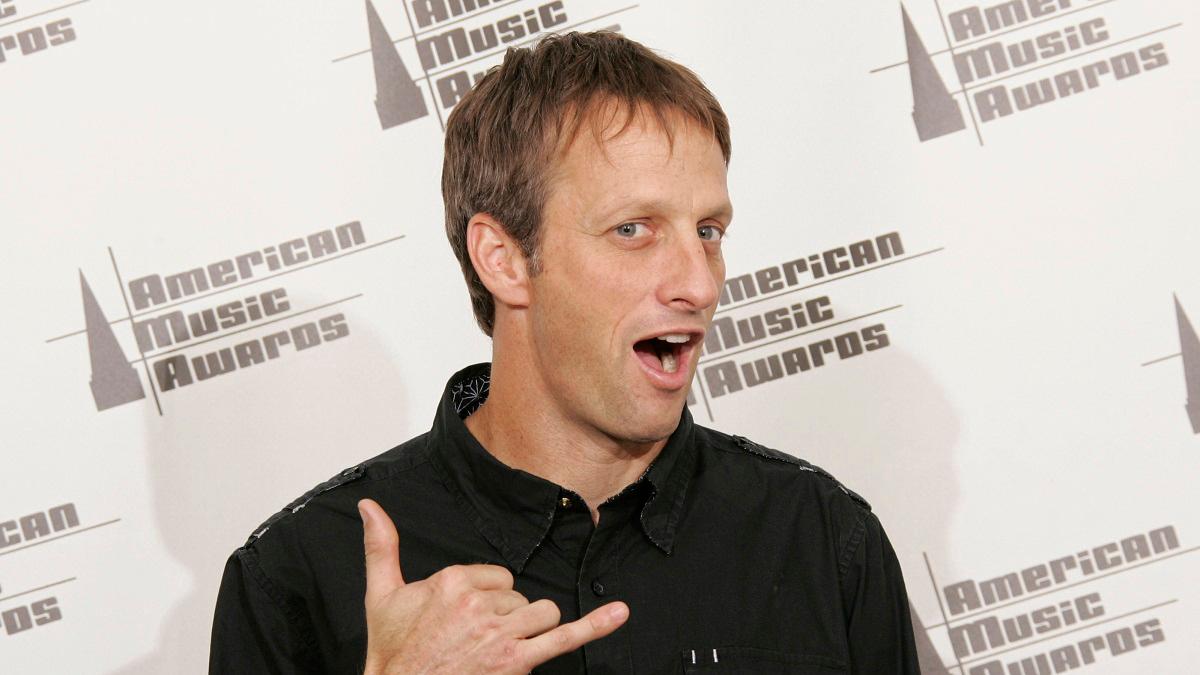Tony Hawk reveals why he turned down a $500G royalty check — and how it paid off
Skateboarding legend Tony Hawk revealed he was once offered $500,000 by a video game company to purchase his name for a game but he turned it down.
Hawk, 51, told CNBC’s “The Brave Ones” that his career took off when he was 16 years old and he bought his first house while in high school. However, the professional skateboarder talked about turning down a deal from Activision in the late 1990s.
“As Activision started getting closer to release [a game], they felt like they had a hit on their hands just in terms of the feedback they were getting from game magazines," Hawk explained. “And so they offered me a flat buy-out of $500,000 for future royalties … I had never heard anyone speak the words ‘half a million dollars’ to me.”
However, Hawk said his instinct stopped him from taking the deal. He was in a good place financially at the time. He said he was surprised that he was offered that amount of money despite what the future could bring.
“I think my saving grace of that was I had just bought a new house and it was almost paid for and I felt pretty comfortable with all my other income and other endorsements happening, that I thought, I could take a gamble on this piece,” he said.
Hawk’s instinct appeared to pay off. Activision told Hawk it wanted to do another game in the skateboarding video game.
CLICK HERE TO GET THE FOX BUSINESS APP
“Tony Hawk’s Pro Skater” debuted in 1999 by Activision and has since spawned 19 different versions lasting a record-breaking 16-straight years, ending in 2015. The games in total have made an estimated $1.4 billion in sales, making it one of the most successful video games brands in history.
Hawk told FOX Business last year that the video game series “changed” his life.
“I never expected it to be the big windfall or the big opportunity, but when we started doing more sequels for the game that is when things started to change and I realized that I had a lot more opportunity for doing things with skating and promoting skating because it allowed me to stop competing and explore those opportunities,” he told FOX Business.




















